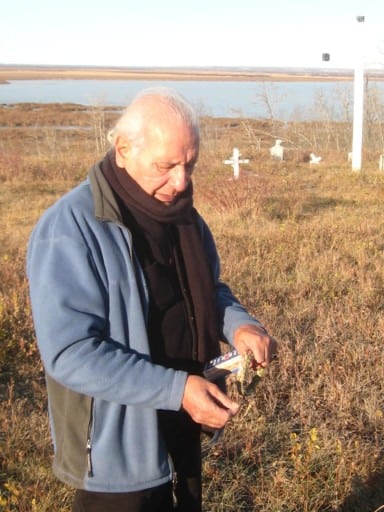Should we celebrate Canada Day?
Calls to #cancelCanadaDay has been trending on social media, but opinion is still split on whether celebrations should take place or be cancelled altogether.
The devastating discovery of 751 unmarked graves at the site of a Saskatchewan residential school in Cowessess First Nation, the remains of an estimated 215 Indigenous children found in Kamloops, and 182 unmarked graves in Cranbrook, B.C. have made Canada’s faults impossible to ignore. The tally will undoubtedly continue to grow as more graves at the sites of former residential schools are unearthed across the country.
Cheryl Whiskeyjack is the executive director of Bent Arrow, a traditional healing society that serves Indigenous families in Edmonton. She says, “A year ago, we were celebrating a nation that we think is pretty great, and now we’re finding out the shine isn’t so bright. There’s some dark parts that maybe we don’t want to celebrate.”
Canada Day shouldn’t be about the fireworks, says Nazreena Anwar-Travas, who moved to Canada from India in 2011. It should be “about understanding what is the real essence of Canada.” It’s not just about singing the national anthem, but it’s also about “hearing it and practicing the real values [that it preaches].”
Whiskeyjack adds, “It’s not for me to say we should cancel Canada Day.” That is for individuals to decide for themselves. What’s important is that you reflect on what you’re celebrating on July 1. “[Canada’s] known worldwide for having a really good human rights record,” she says, “and yet we have Indigenous children who are in unmarked graves in this nation.”
Constance Brissenden was Larry Loyie’s long-time partner until his passing in 2016. She says, “I believe Larry Loyie, residential school survivor and author, would say that Canada Day should be a day to reflect on history and recommit to respect human rights for all.” Loyie worked tirelessly to “share the beauty of his traditional Cree childhood and its loss due to his six years in residential school,” says Brissenden.

“If this happened in January, maybe some traction could have been made and we might be in a different place right now,” says Whiskeyjack, “[But] it’s all very fresh… it would be like losing your mom two days before Christmas. That Christmas is not going to be the same Christmas. But next Christmas could be different.”
For Canada Day this year, Whiskeyjack says, “I don’t think you can celebrate it respectfully. We need to do the healing work [first].” The reaction from politicians and the feeling that we should carry on as if nothing happened is what stings the most, says Whiskeyjack. “It was kind of tone deaf… to see a tweet from Trudeau excited about the Montreal Canadiens making the Stanley Cup finals,” she says. “It’s like saying the New York Giants made the Super Bowl but the Twin Towers just fell yesterday.”
This Canada Day, people can educate themselves about the Truth and Reconciliation Commission instead of attending a parade. Wear an orange shirt instead of the traditional red and white or attend the flash mob powwow at the Legislature.
Seeing the flags at half mast, and teddy bears and shoes on front porches reassures Whiskeyjack that people care and are acknowledging they are also a part of this. “Our communities have been ready [for change,]” Whiskeyjack says. “We’re not sitting here waiting, we’re out there, actively trying to make things different, but it just gets way easier when we have friends along with us.”







